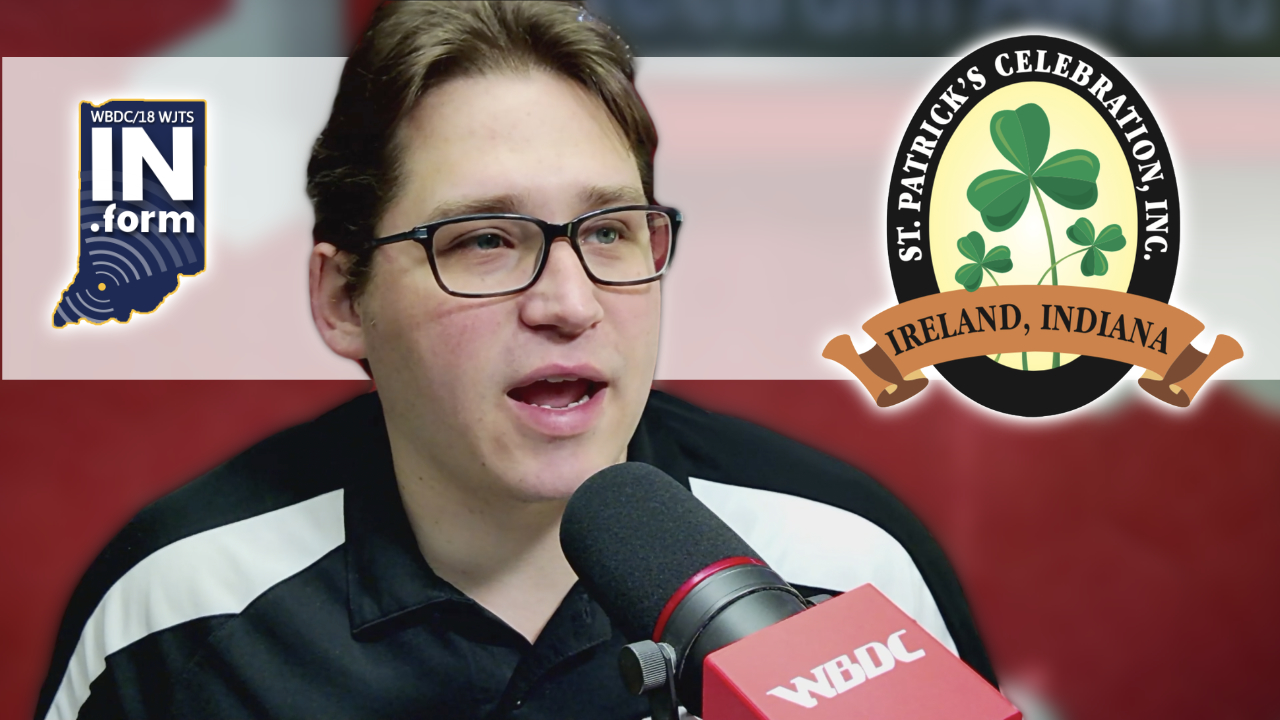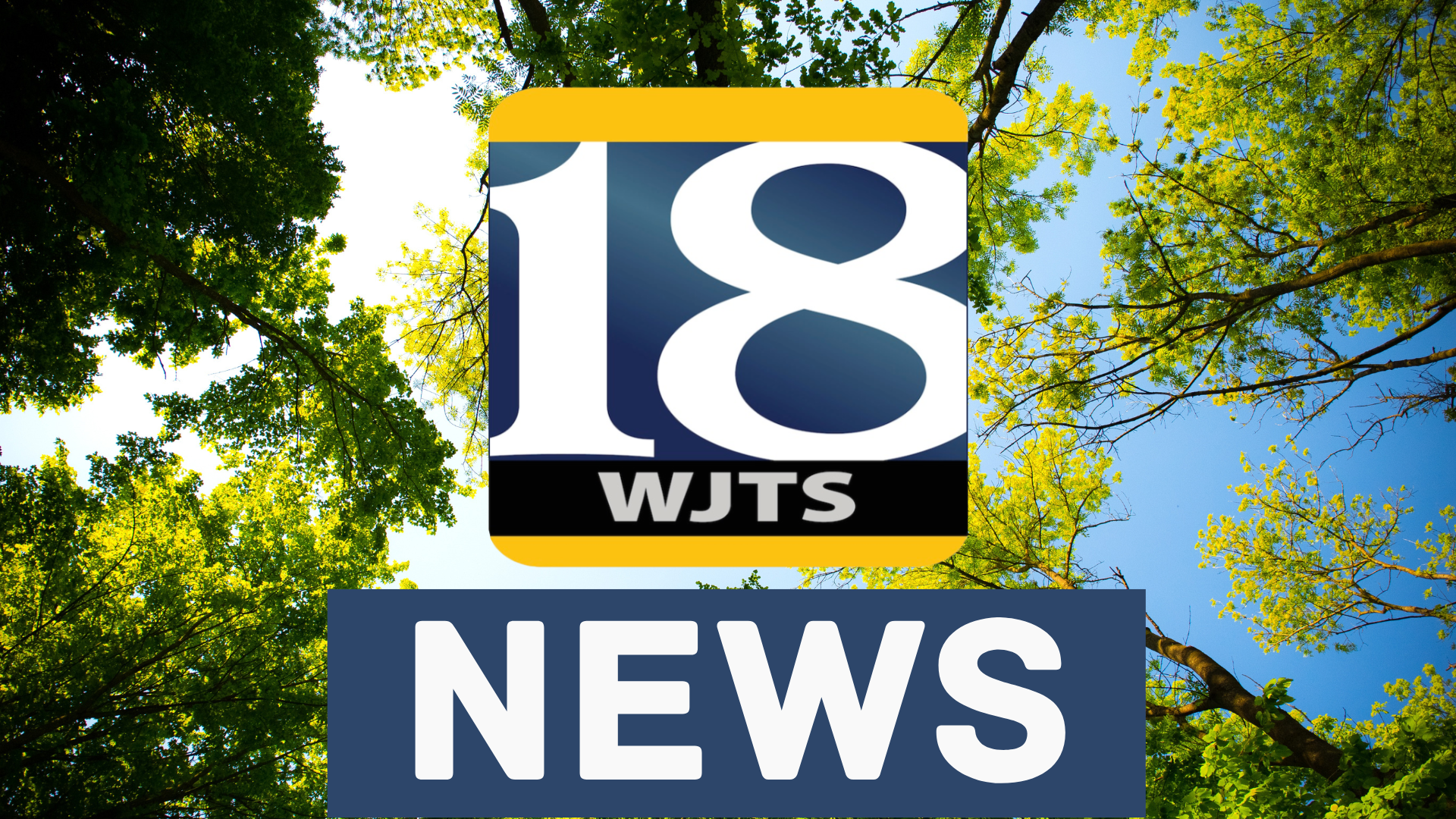A federal judge has temporarily halted Indiana University’s controversial “expressive activity” policy, finding that the nighttime restrictions on campus protests likely violate the First Amendment.
The U.S. District Court for the Southern District of Indiana granted a preliminary injunction Thursday following a lawsuit filed by the ACLU of Indiana in 2024. The court ruling prevents IU from enforcing the policy’s ban on expressive activities between 11 p.m. and 6 a.m. while the case continues.
The policy emerged from significant campus unrest in spring 2024, when pro-Palestinian protesters established encampments at Dunn Meadow and other campus locations. Over several days in late April, Indiana State Police and campus officers arrested 57 demonstrators during protests against the war in Gaza. The arrests drew national attention as part of a broader wave of campus activism that swept across American universities.
The policy was approved by the IU Board of Trustees with a 6-3 vote in July, establishing new restrictions that limited expressive activity to daytime hours between 6 a.m. and 11 p.m. The policy also required approval for temporary structures at least 10 days in advance and prohibited camping and impeding vehicle and pedestrian traffic.
The restrictions received criticism from student and faculty groups, who argued the overnight ban was too broad and unnecessary. Critics pointed out that the policy would prohibit peaceful activities like candlelight vigils, silent demonstrations, and even wearing protest t-shirts during nighttime hours.
The ACLU’s legal challenge argued that the policy was overly restrictive because it banned all forms of expressive activity during overnight hours, regardless of whether the activities were disruptive. The organization represented faculty, staff and students who had been reprimanded for violating the policy.
The university attempted to modify the controversial policy in November 2024, allowing some expressive activities during overnight hours, but protesters and civil liberties advocates continued to challenge the restrictions through ongoing demonstrations and legal action.
Ken Falk, legal director for the ACLU of Indiana, emphasized that the policy’s broad scope would affect various forms of peaceful expression. The organization argued that government entities cannot constitutionally prohibit all forms of expression during specific hours without compelling justification.
Faculty members have continued to test the policy’s limits, with some hosting vigils during the prohibited hours, leading to ongoing tensions between university administration and campus activists who view the restrictions as an infringement on constitutional rights.
The preliminary injunction represents a significant victory for free speech advocates, though the case will continue as the court determines whether the policy permanently violates First Amendment protections. The ruling allows protesters to resume overnight demonstrations while legal proceedings continue.
Indiana University has not yet announced whether it will appeal the court’s decision or modify its expressive activity policy in response to the injunction.





You must be logged in to post a comment.